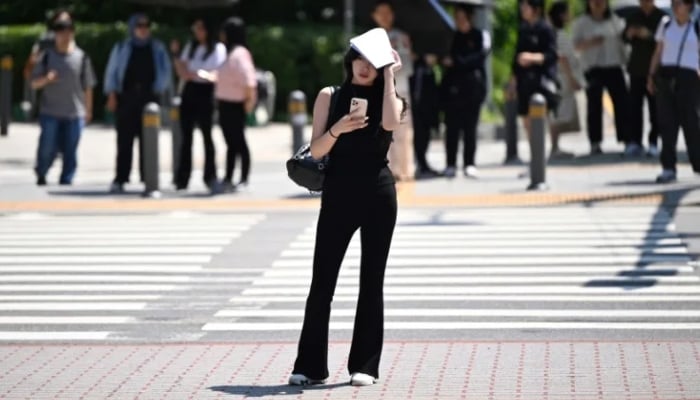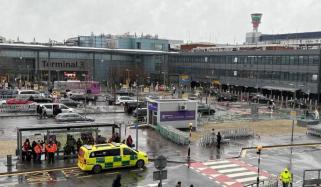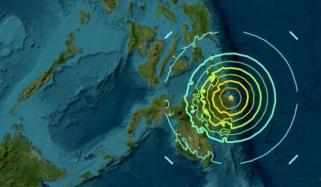
Japan and South Korea have been dealing with intense heat, prompting authorities to issue advice for people to take precautions to prevent heatstroke.
On Thursday, July 31, South Korea's meteorological office said the country had experienced a record-breaking streak of "tropical nights" for 22 consecutive days this month, the longest period since 1907.
A day earlier, Japan saw its hottest day on record, with the temperature reaching 41.2°C, as hospitals across the country saw a rise in patients linked with the heatwave.
The South Korean capital was also due to record its hottest July night in history on Wednesday, with the lowest temperature of the day at 29.3°C.
According to the meteorology office, the intense heat in Seoul is expected to continue.
Japanese weather officials said the temperature on Wednesday had risen to 41.2°C in Tamba, in the western prefecture of Hyogo, and urged people to stay hydrated and use air conditioners and electric fans to prevent heat-related illnesses.
The extreme heat poses a particular threat to the countries’ large populations of older people.
Thirteen people have died in South Korea from suspected heat-related causes so far this year – three times the number over the same period last year – according to the Korea's disease control and prevention agency.
In Japan, 10,804 people, more than half of whom were aged over 64, were taken to hospital suffering from exhaustion and other heat-related illnesses in the week up to 21 July.
Summer temperatures in Japan have soared in recent years as a result of more erratic weather patterns that scientists attribute to the climate crisis.
Last summer was Japan’s hottest on record, with temperatures matching those of 2023, which was followed by the warmest autumn since records began 126 years ago.
















